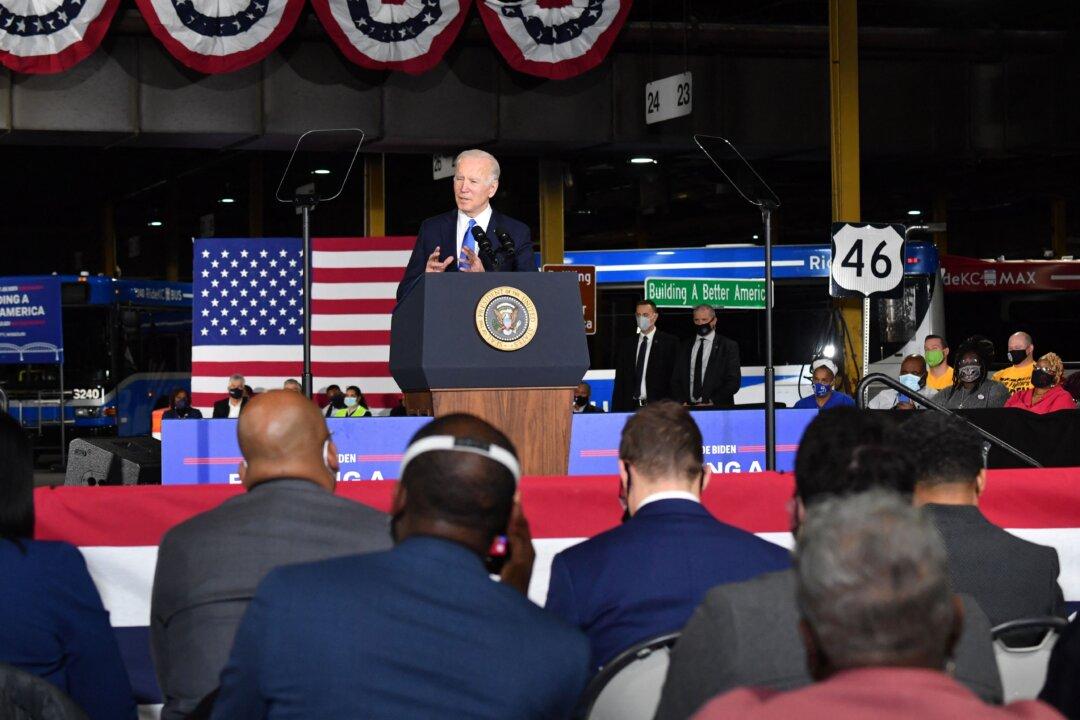Dozens of big corporations, including Nike and FedEx, have paid no federal income taxes for years, which is prompting Democrats to introduce a minimum tax on earnings. While the concept is alluring to many, tax policy experts are increasingly warning of the undesirable outcomes of the proposal.
President Joe Biden’s nearly $2 trillion social and climate spending plan calls for imposing a 15 percent minimum tax on the book income of corporations that report over $1 billion in profits. The change would apply for tax years beginning after Dec. 31, 2022.





